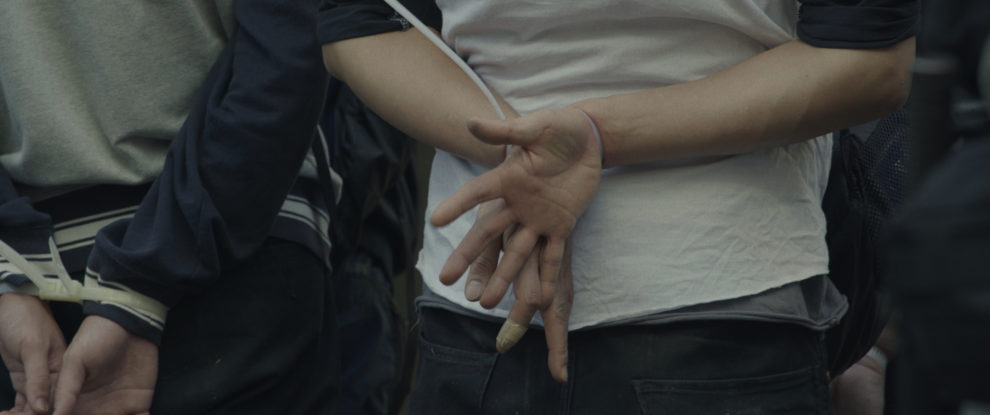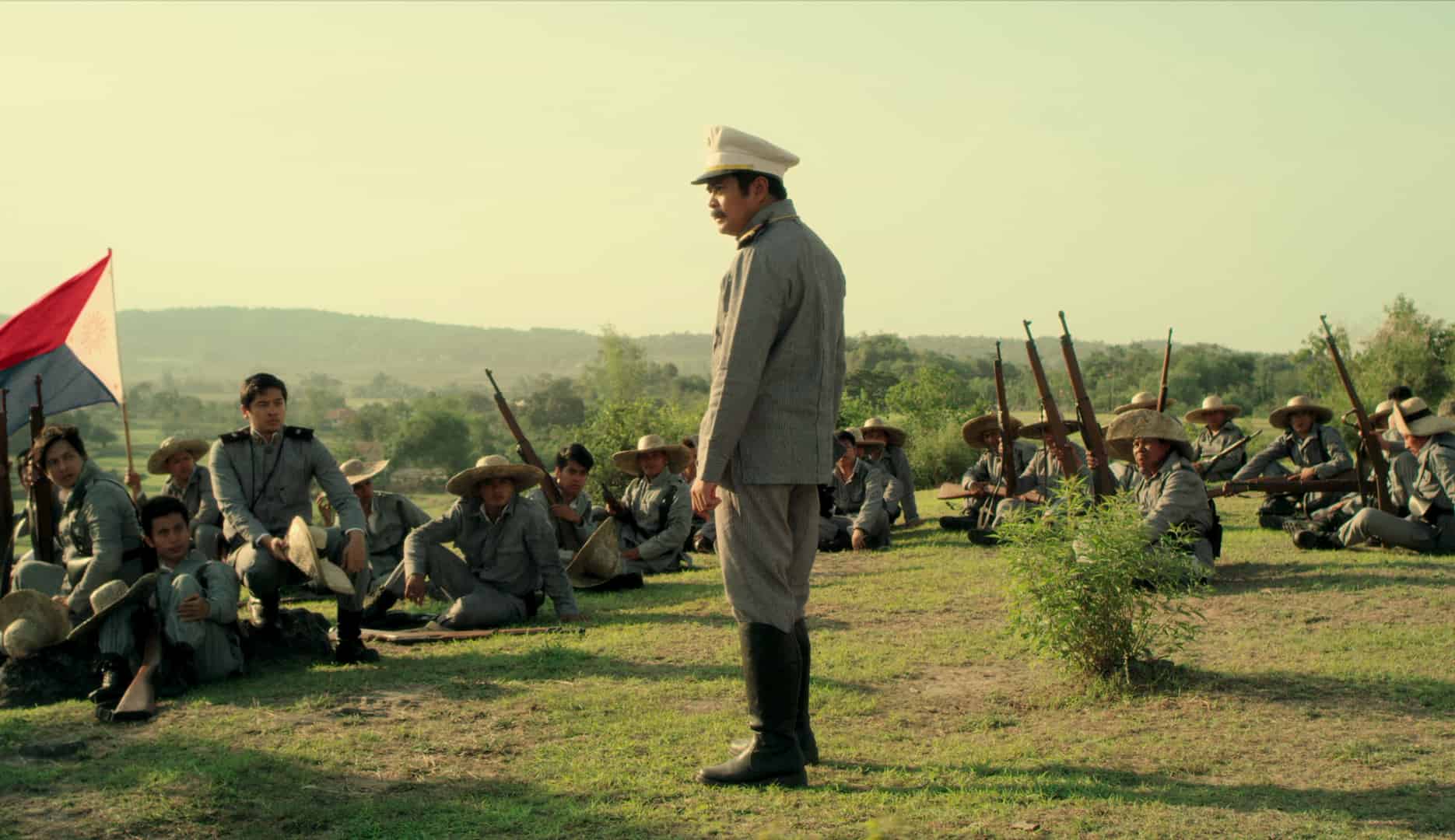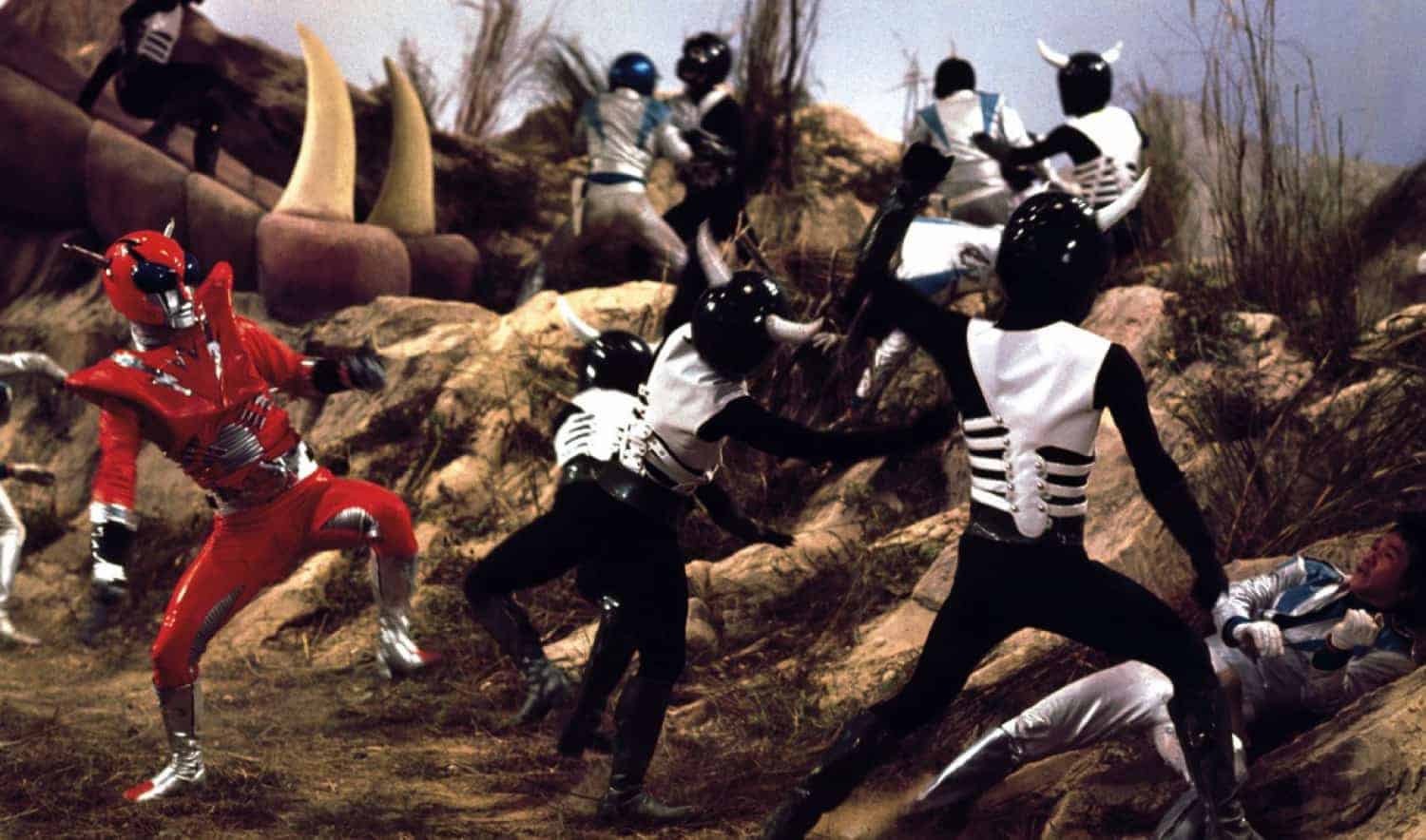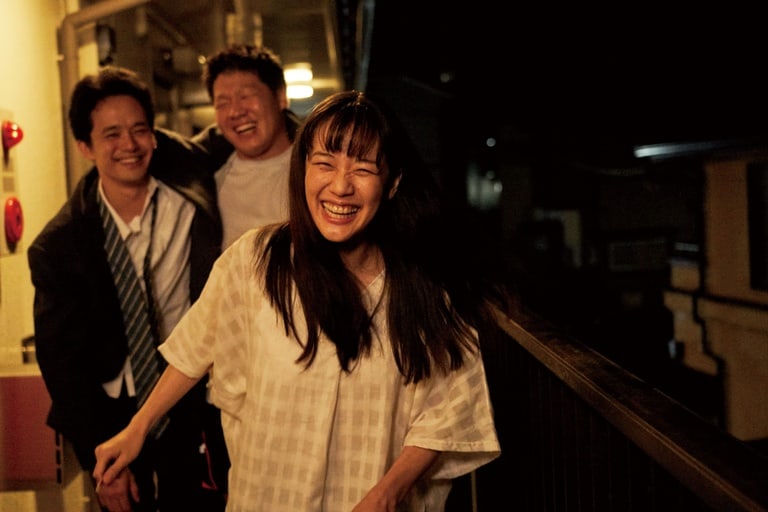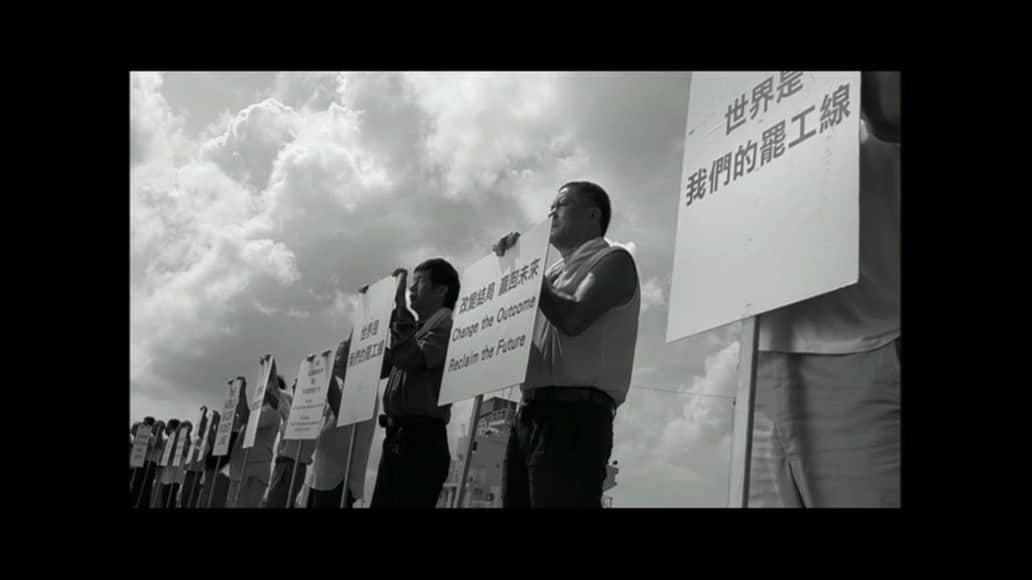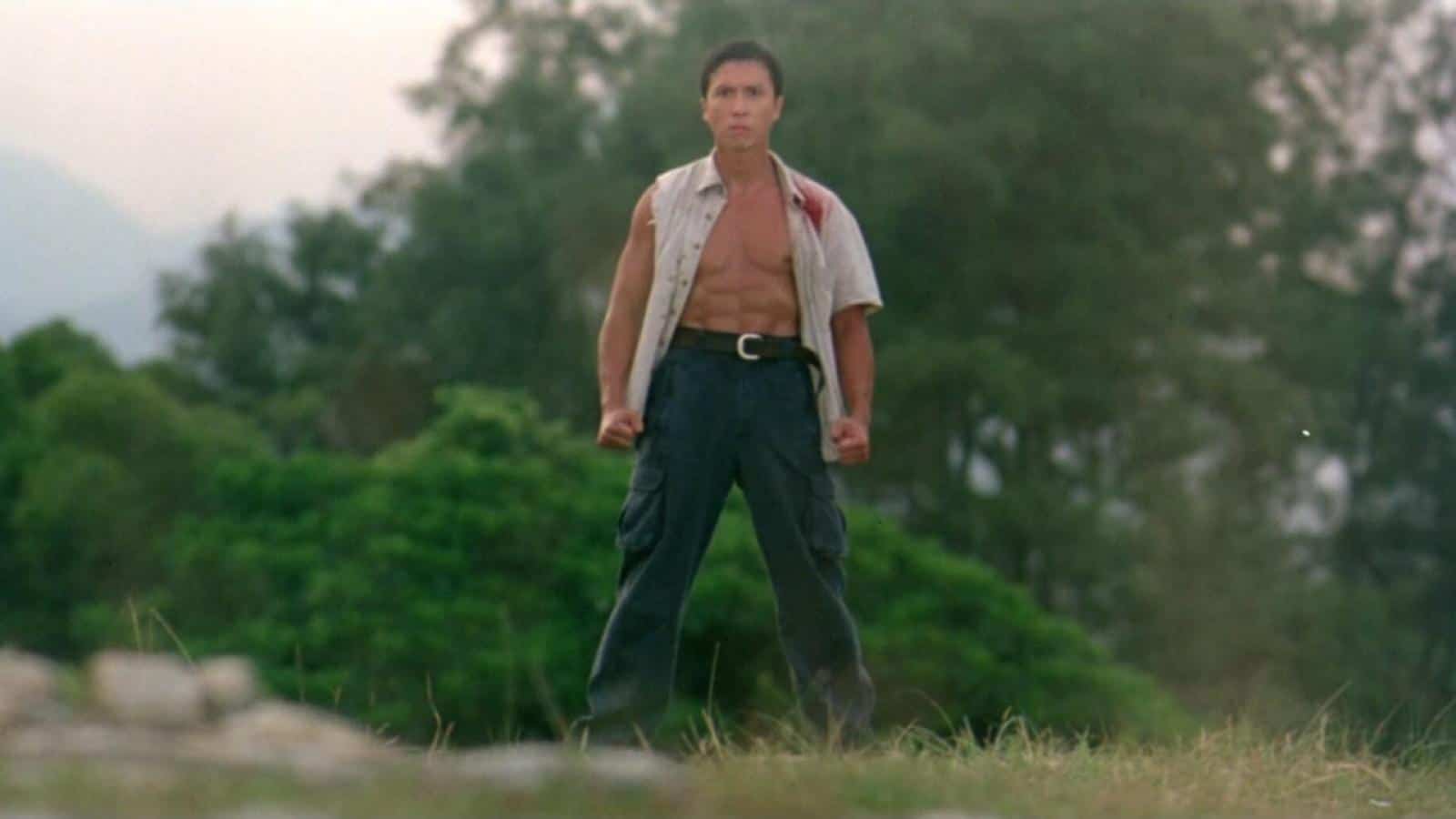Chan Tze Woon's first documentary feature, “Yellowing” examined the Umbrella Movement, and particularly Hong Kong's faulty relationship with mainland China. This time, he focuses on the fact that although the Chinese government promised that Hong Kong would retain separate status until 2047, in recent years the Chinese state has consolidated its power over the metropolis, with the Extradition Law being in the forefront, resulting in large scale protests that have been violently suppressed. To highlight both the current situation and the fact that Hong Kong has always been a turbulent area, Chan follows students engaged in the most recent protest movement and former activists now in their middle age, using the first in order to present the events the latter participated in, but also how the future may look like in HK, in a hybrid of documentary and real-life fiction.
Blue Island is screening at Metrograph, as part of the Hong Kong Heroes Program

Chan Tze Woon mixes a number of elements in this rather unusual documentary, where the lives of both generations of activists are presented as they are today, or the years the documentary was being shot at least, with the younger ones eventually asked to recreate events the older ones participated in, in a fashion that also breaks the fourth wall. Additionally mixed in this unique amalgam are footage from the past and the recent present, in an obvious effort to highlight how suppressed Hong Kong people have always been, occasionally by the British, occasionally by the Chinese. On the other hand, the juxtaposition of the Tiananmen events with the Umbrella movement and the recent suppressions of the riots, which resulted in a number of people eventually being imprisoned, some of them just for having a rhetoric against the Extradition Law and the mainland's tactics, makes a distinct accusation towards the current Chinese government and its tactics. Particularly the depiction of a number of people that are now jailed or awaiting trial, before they were arrested, emerges as particularly ominous, giving a rather dramatic essence to the movie.
Also of note is the focus on what it means to be a Hong Konger, with Chan showcasing how the concept has changed through the years. Young, an activist in 1967, is shown telling a British police officer that he is Chinese, while Tam, the young activist who “plays” Young, is shown in a more current time, insisting to an interrogator, that he is a Hong Konger and not a Chinese, in one of the best moments of the movie overall.
All the while, a sense of hopelessness and disillusionment about the future of Hong Kong is lingering over every aspect of the movie, with the plethora of anonymous credits in the end eloquently stating that it will be impossible for this kind of movies to keep being shot, as China's grip becomes more and more tense.
Furthermore, Chan also presents glimpses of the current life in the megalopolis, including ones from musicians, hospital workers, legislators etc, while a number of scenes highlight the beauty of the city, particularly regarding the sea and the way it shapes the whole frame of the city. In that regard, Szeto Yat-lui's cinematography emerges as impressive, in the way he manages to depict all these different elements, with the same applying to Chan's own editing, which implements a rather fitting, relatively fast pace. On the other hand, it should also be noted that the hybrid approach can be confusing at times, while the dramatization parts do not work that well, even if the message gets through from the movie as a whole, resulting in a documentary that is occasionally, unnecessarily artistic.
This, however, is but a small issue which could be perceived differently depending on one's state, and the movie as a whole emerges as informative, well-shot, and definitely brave, which is where its true value actually lies.


